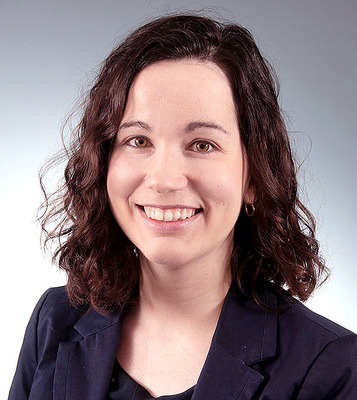
A platform that encourages healthy conversation, spiritual support, growth and fellowship

NOLACatholic Parenting Podcast
A natural progression of our weekly column in the Clarion Herald and blog

The best in Catholic news and inspiration - wherever you are!
Curious toddler’s mind is always questioning
-

By Dr. Heather Bozant Witcher, Young Adults
Clarion Herald
The season of a million questions is in full force this summer.The day begins with a question, “What are we going to do after breakfast?”
All of the whys and hows continue throughout the rest of the day, until, finally, just before bed, “And, what are we doing after breakfast?”
Patience, pausing and deep breathing have been my tactics lately.
But, even in the midst of the constant barrage, I’ve begun noticing opportunities for growing independence and humility.
Often, the questions that the toddler mind comes up with are repeated questions. Sometimes that’s because they simply don’t like the answer I’ve given.
“Are we having pizza for dinner?” they ask. “No, we’re having meatballs,” I answer. And, seemingly 10 seconds later, “Pizza for dinner?”
In my head, I want to yell “NO!” But, instead, I calmly repeat myself and then find opportunities for independence by asking them to remember what we had already established. Then, I’ll find them telling one another, “We’re having meatballs for dinner!”
Crisis averted.
Sometimes, though, the questions are deeper. One of the most fascinating things about the toddler mind is its curiosity – an intense questioning of the world around them. I find myself pulling out facts from long-ago grade school or high school science classes when they ask why there’s fog on the way to school.
And, then, there are questions that they ask, and I simply don’t know the answer. In those moments, I’ve been practicing saying a phrase that we sometimes fear, “I don’t know why, but we can find out together.”
As a college professor and generally as an adult, I think we very often fear admitting when we don’t know something. I’ve been at many conferences in circles where someone is talking about a book or an author or some piece of cultural context, and everyone is nodding or participating, and I feel a little out of place because maybe I hadn’t heard of that person or that thing.
I think my students sometimes feel like that, too, and they’re afraid to speak up, to ask for clarification: “I don’t know what you’re talking about.”
No one likes to admit a perceived failure. But is it truly failure? I don’t think so. I think it’s the same kind of thing that happens with my toddlers’ brains when they question unashamedly – it’s an expansion of knowledge, an admission of humility and it’s courageous.
So, I’ll Google the answer to my toddlers’ questions. We just recently got everyone library cards; we can find books about the topics. My kids are really interested in dinosaurs right now, and I’m no dinosaur expert. So, instead, we spent time in the library looking at dinosaur books, and now I’ve got my kids pointing out differences between the Brachiosaurus and the Elasmosaurus.
Hopefully, they’ll remember my admission of ignorance, and they’ll be more likely to ask questions and seek answers even if they sometimes fear feeling out of place.
Dr. Heather Bozant Witcher can be reached at [email protected].




